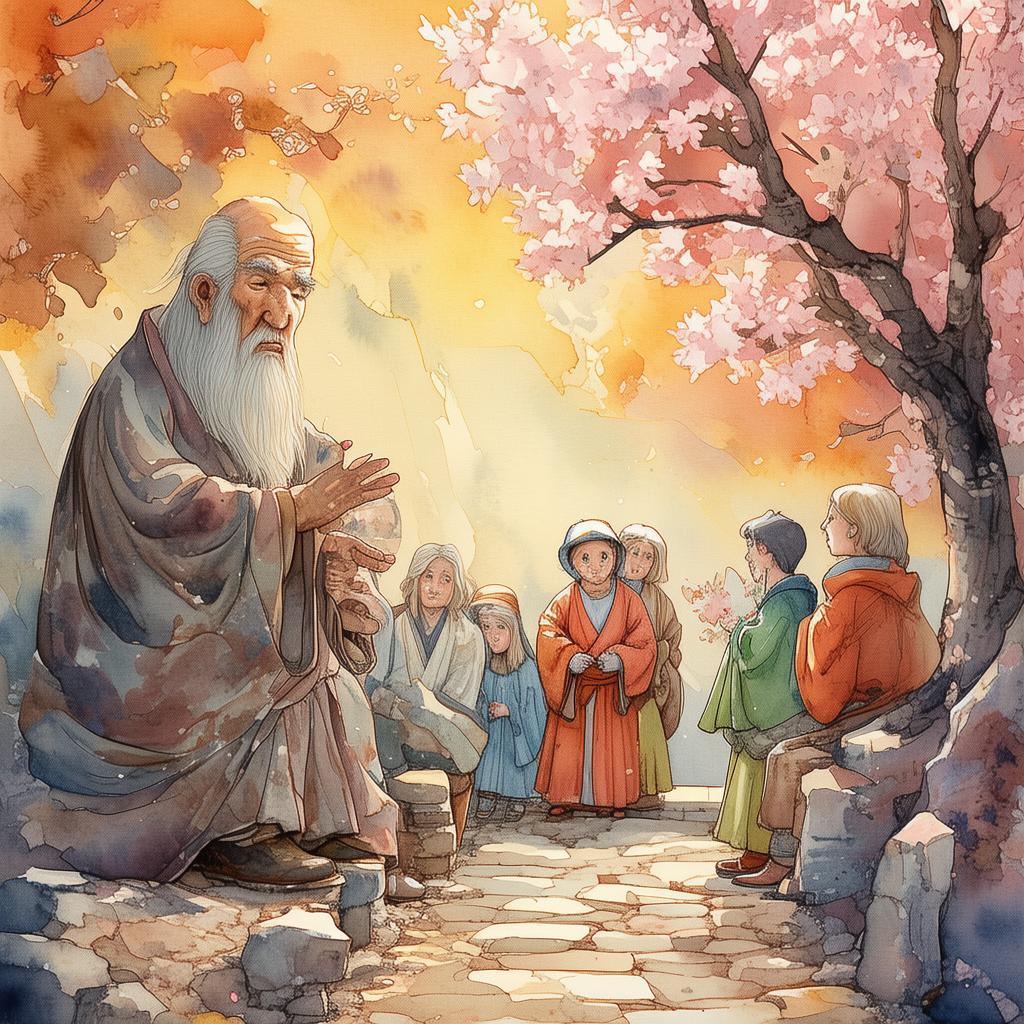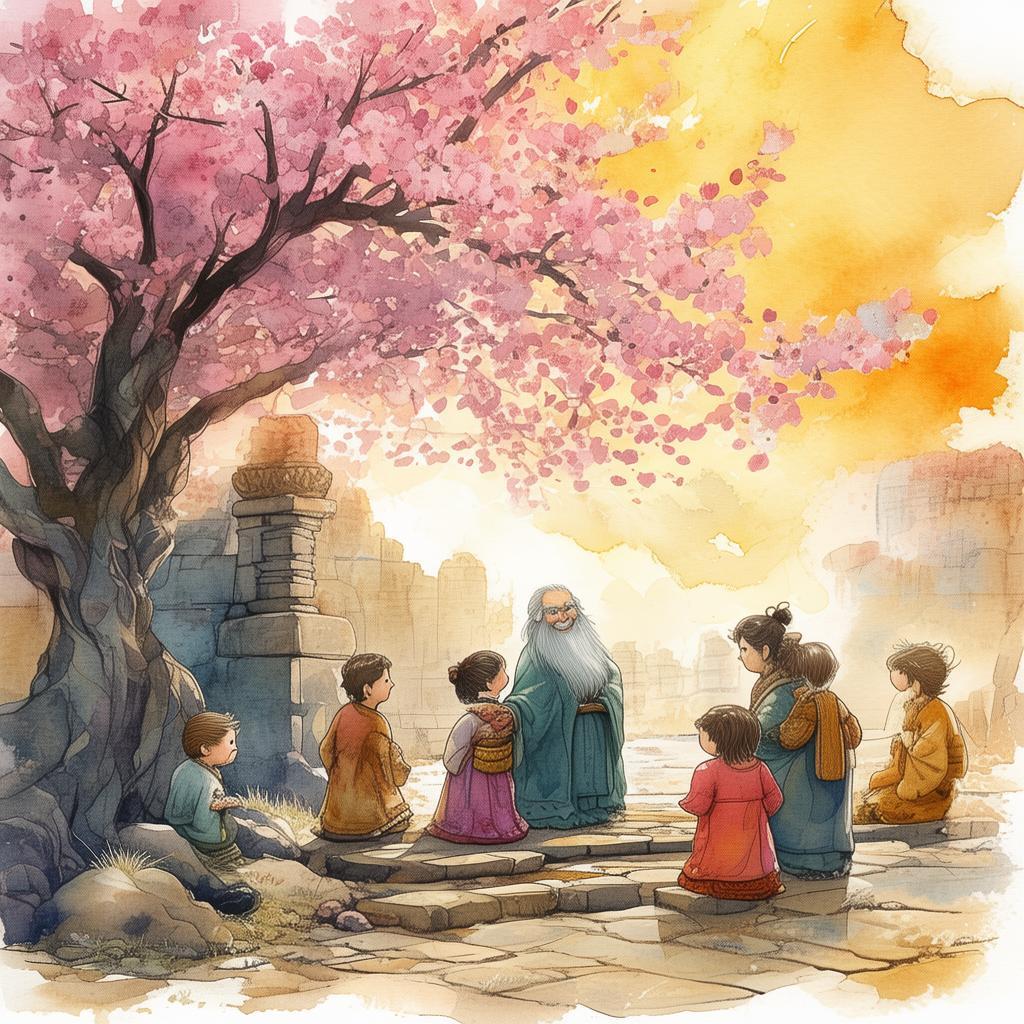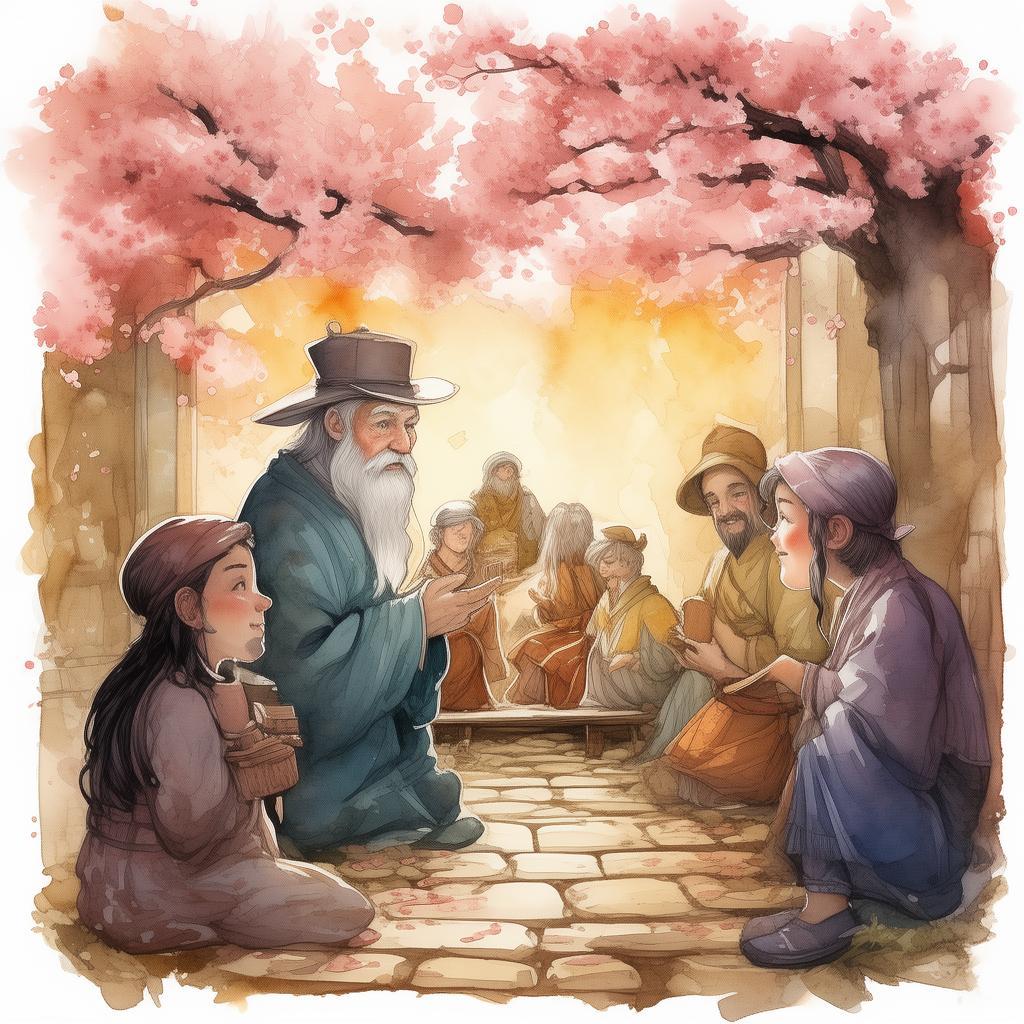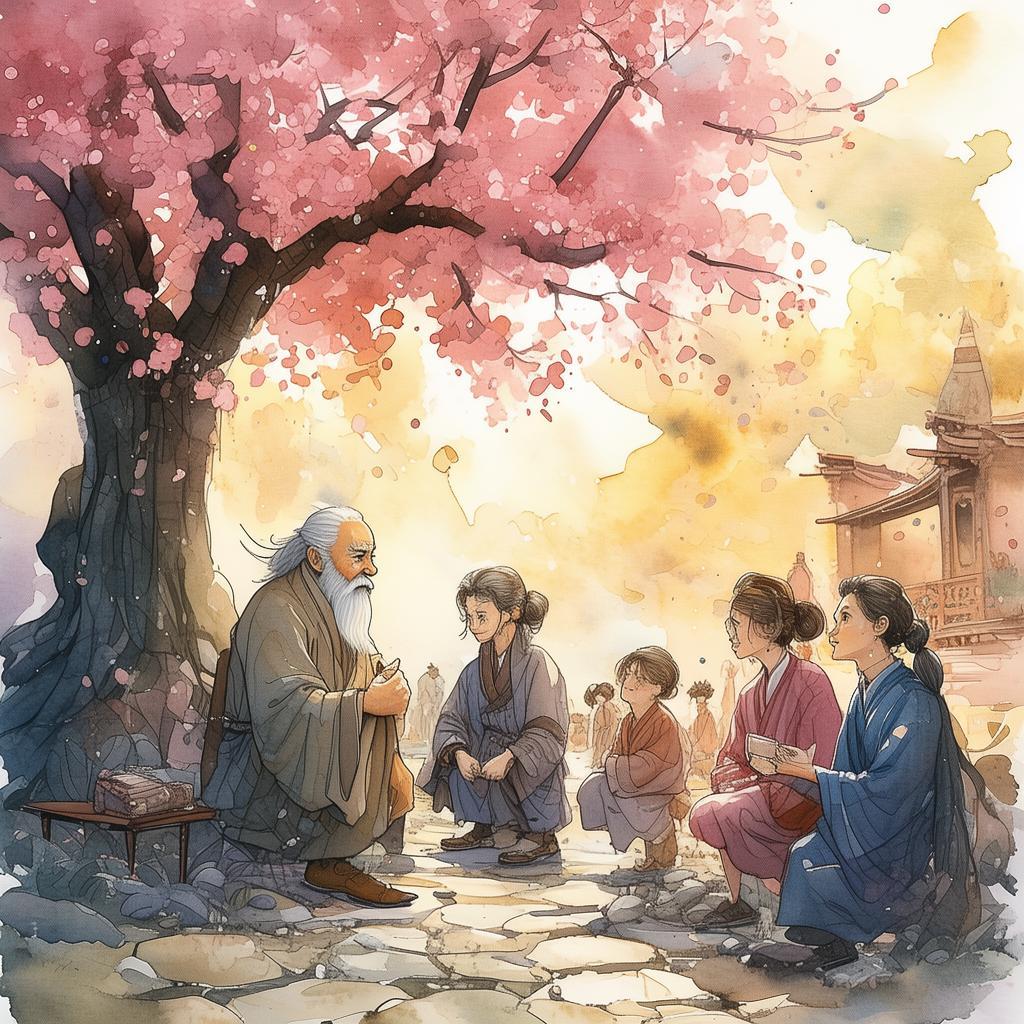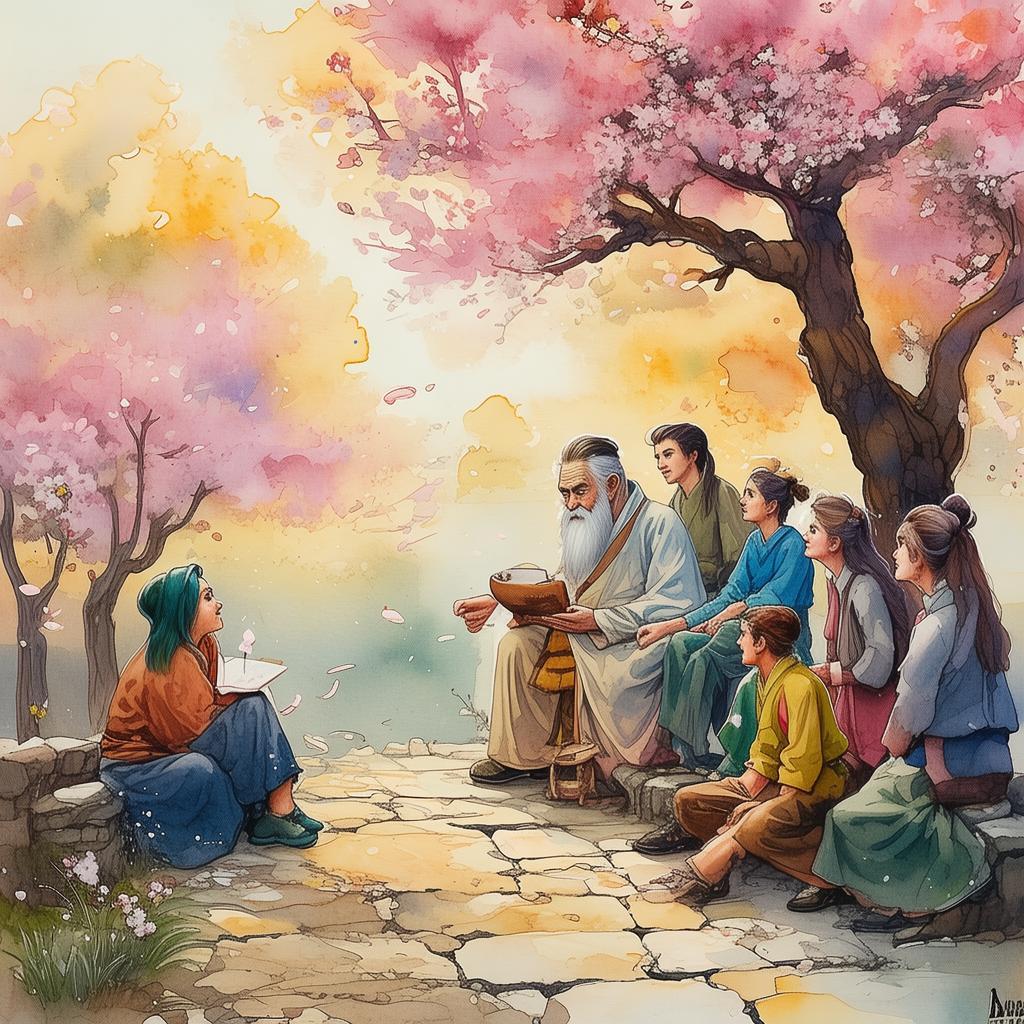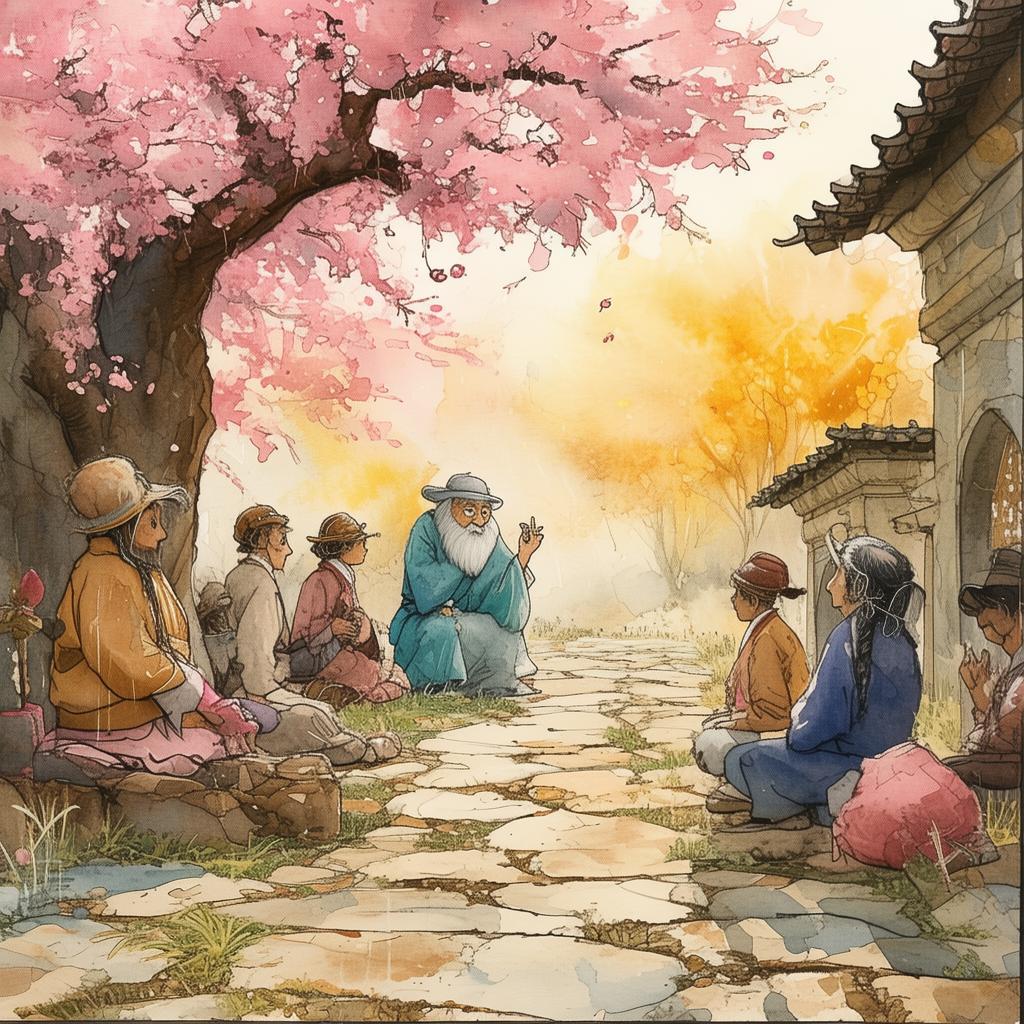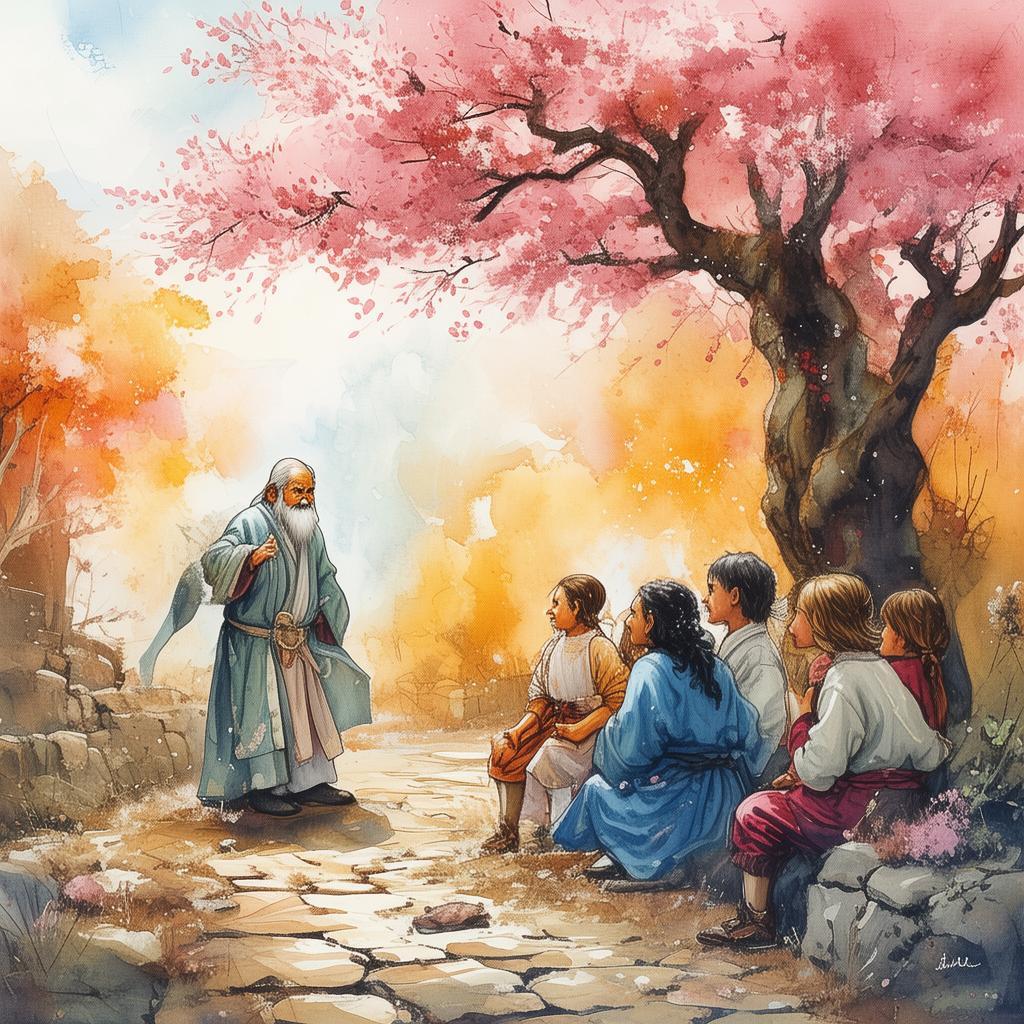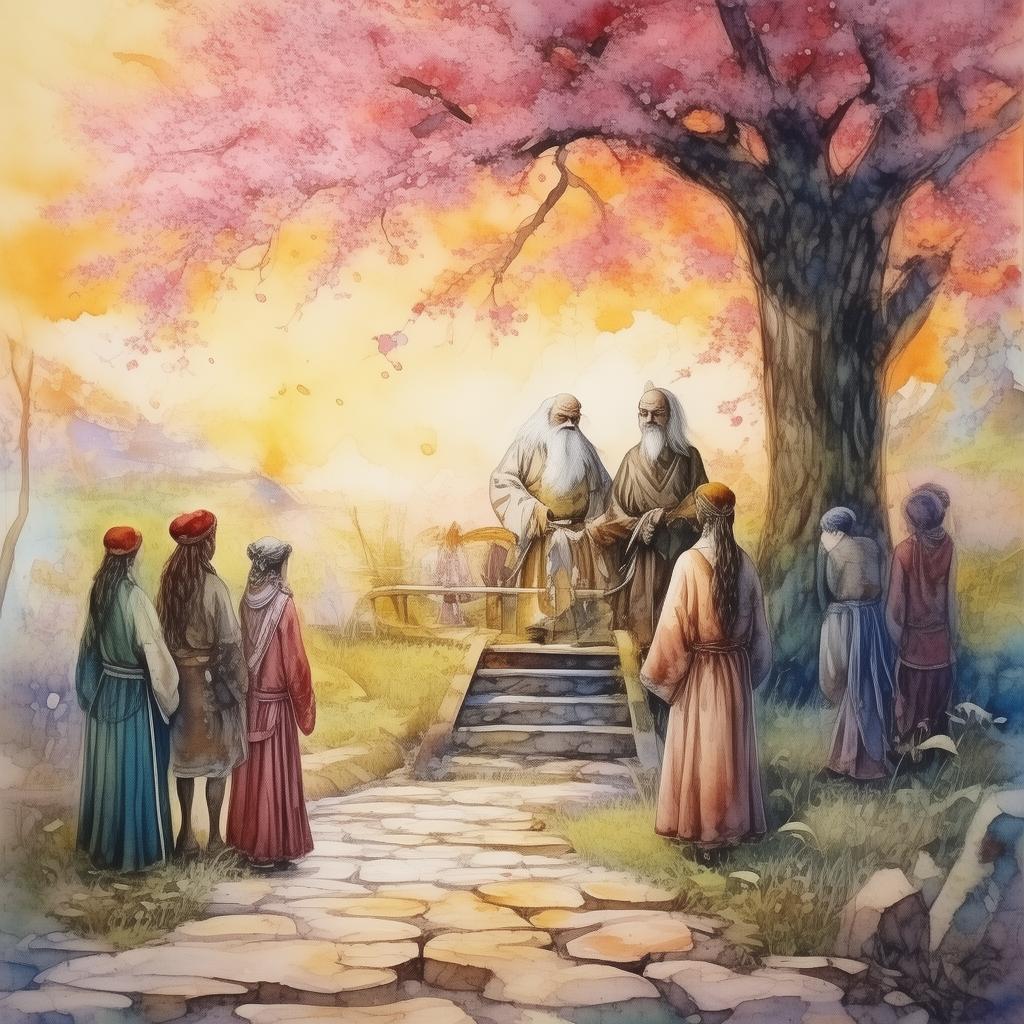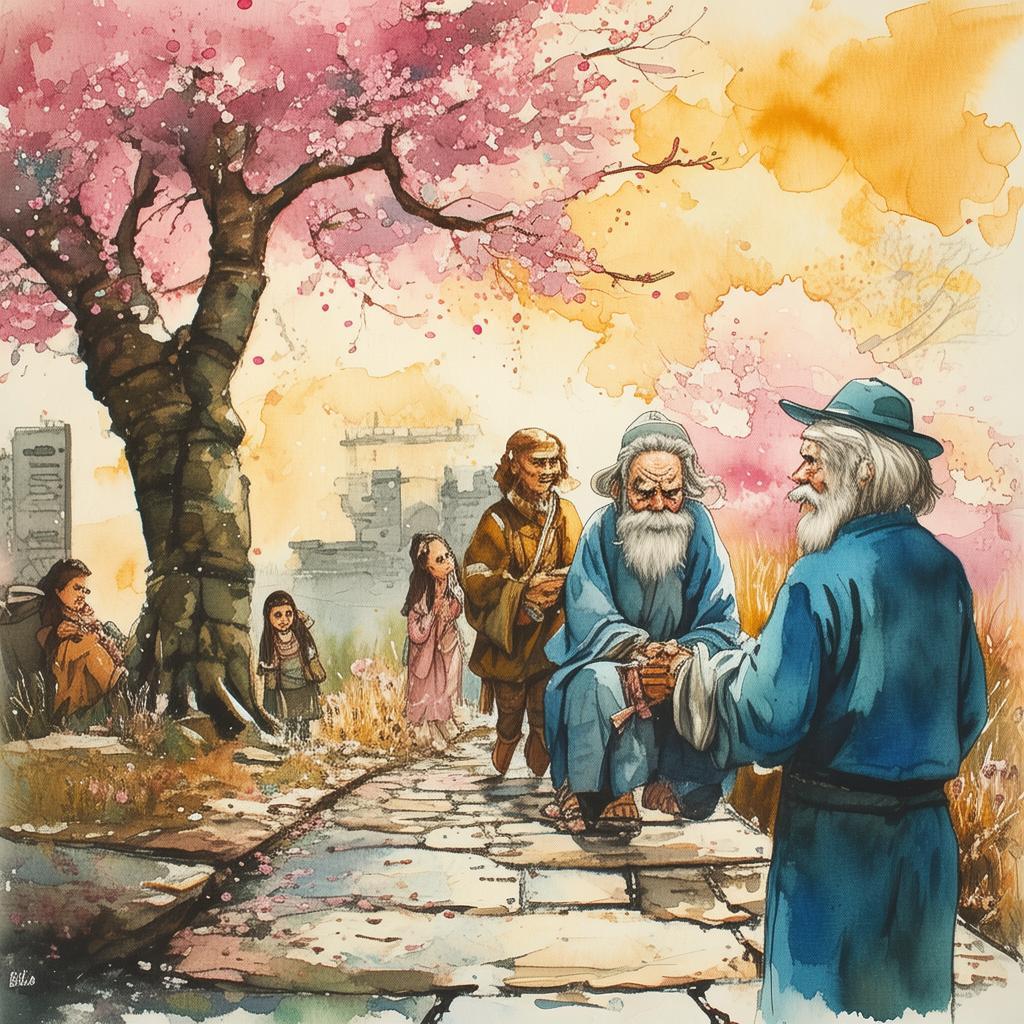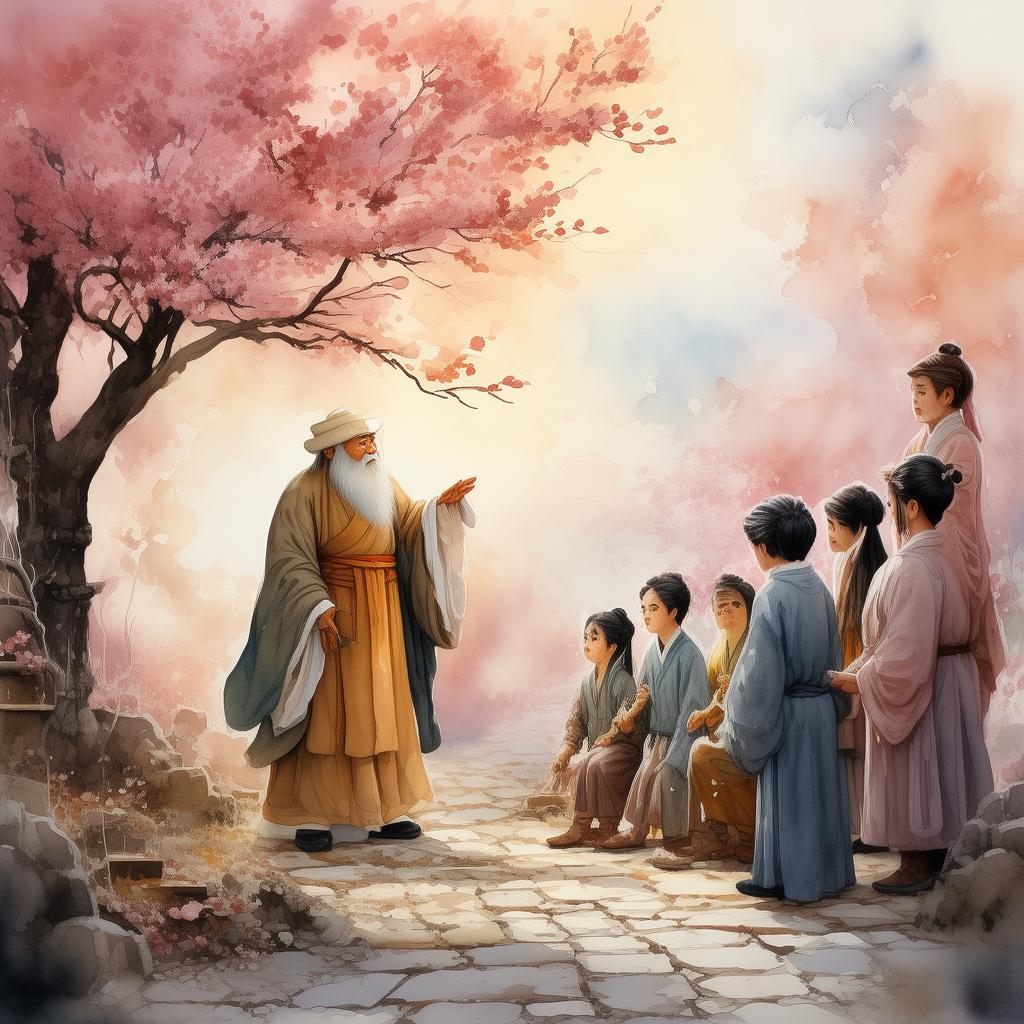Resurrection and the Roar of Triumph
In the heart of ancient China, there was a village known for its scholars and their pursuit of knowledge. Among these scholars was a young man named Ming, whose dream was to write a book that would echo through the ages, a testament to his wisdom and the spirit of his people.
Ming was not born into a family of scholars; he was the son of a humble farmer. His father, a man of few words but deep wisdom, would often tell him stories of the phoenix, the mythical bird that rose from its ashes, symbolizing rebirth and renewal. It was these stories that fueled Ming's passion for learning and his unwavering determination to succeed.
As Ming grew, so did his knowledge, but his path was fraught with challenges. The village was small, and the resources for learning were scarce. Ming had to work hard to gather books and scrolls, often traveling great distances to find them. His father, proud of his son's resolve, would say, "The phoenix is reborn from the flames, and so must you, Ming. Your spirit will not be quenched by adversity."
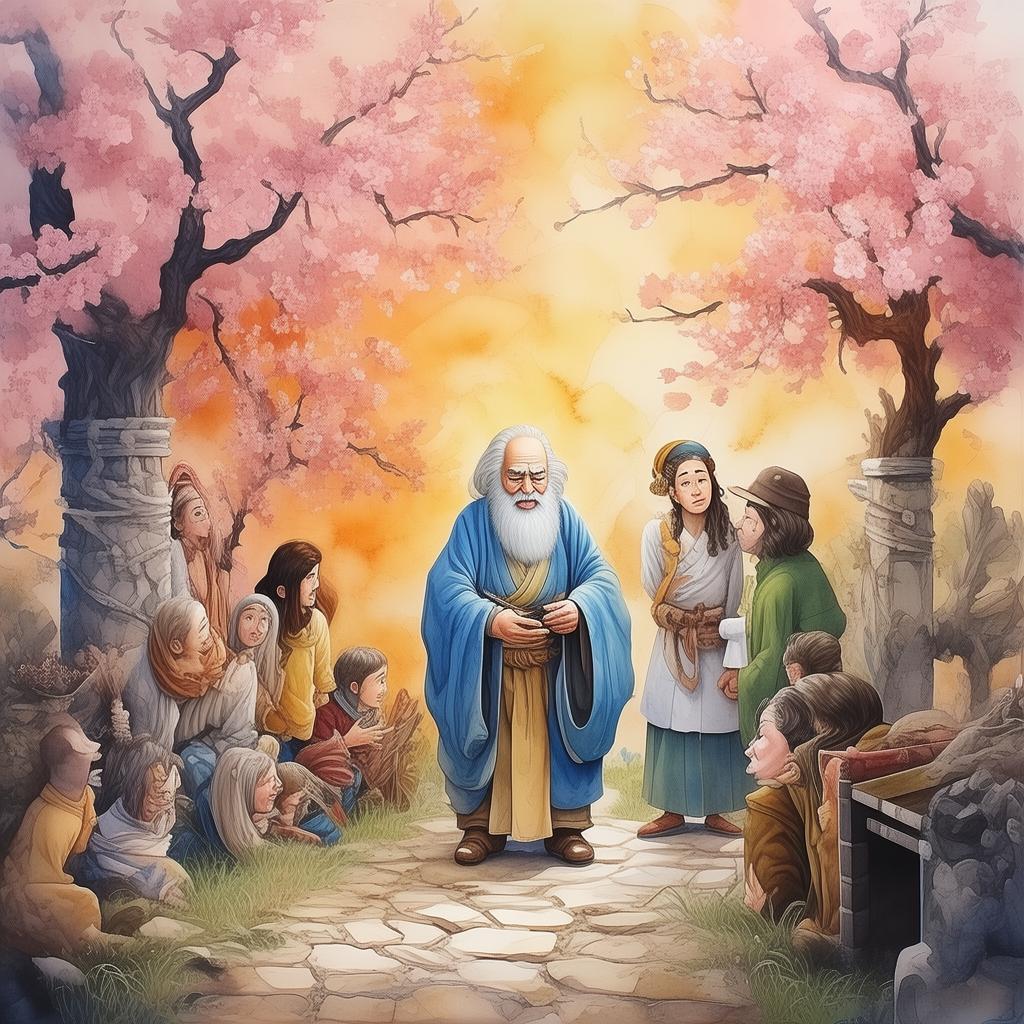
One day, Ming discovered an ancient scroll in a distant library that spoke of the phoenix's roar, a sound that could be heard for miles, heralding its triumph. The scroll spoke of a time when the phoenix's roar was a symbol of success and the dawn of a new era. Ming was inspired, and he knew that his book must be the vehicle through which he could achieve this triumph.
Determined to write the book, Ming secluded himself in a small, rustic cabin on the outskirts of the village. He toiled day and night, his only companions the whispers of the wind and the distant calls of the wild. The villagers, who once mocked him for his dreams, now spoke of him in hushed tones, marveling at his perseverance.
As the months passed, Ming's health began to fail. His father, worried for his son, visited him often, bringing him food and stories of the phoenix's fiery rebirth. "You are the phoenix, Ming," his father would say, his eyes filled with hope. "You must rise from the ashes of your trials and sing the song of triumph."
One fateful night, as Ming lay in his bed, feverish and weak, he heard a sound like no other. It was the roar of the phoenix, a sound that resonated deep within his soul. He knew then that his time was coming. With a final push of will, he rose from his bed and began to write, his pen flying across the parchment with a newfound vigor.
Days turned into weeks, and Ming's book took shape. It was a masterpiece, a collection of wisdom and tales that spoke to the heart of the human spirit. As he finished the final chapter, the roar of the phoenix echoed once more, this time louder and more powerful than before.
Word of Ming's triumph spread like wildfire. The villagers, once skeptical, now gathered around the cabin, their eyes wide with wonder. Ming stepped out, his book in hand, and the roar of the phoenix filled the air. The villagers were silent, then erupted into cheers and applause.
The book was a sensation, and Ming's name became synonymous with success and wisdom. His legacy lived on through generations, and the phoenix's roar became a symbol of triumph and the enduring spirit of the human race.
Ming's story was not just about writing a book; it was about the power of resilience, the strength to rise from the ashes, and the triumph of the human spirit. His journey was a testament to the fact that with determination and a little help from the mythical phoenix, one could achieve the impossible.
As Ming looked out over the crowd, he felt a profound sense of fulfillment. He had not only written a book but had also become a beacon of hope and inspiration. The phoenix had indeed risen, and with it, a new era of success and triumph.
✨ Original Statement ✨
All articles published on this website (including but not limited to text, images, videos, and other content) are original or authorized for reposting and are protected by relevant laws. Without the explicit written permission of this website, no individual or organization may copy, modify, repost, or use the content for commercial purposes.
If you need to quote or cooperate, please contact this site for authorization. We reserve the right to pursue legal responsibility for any unauthorized use.
Hereby declared.
